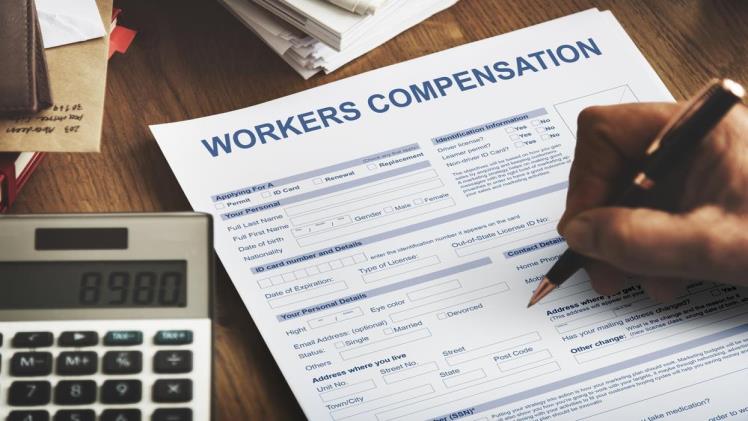One of the most important insurances for an employer to provide their employees is worker’s compensation. These policies offer an important service in the event of a workplace injury or illness. It can reduce the risk of litigation and also provide for essential needs like salary and medical care if an employee gets hurt on the job. The calculations you need to complete as an employer help to determine the worker’s compensation rates that you will pay. There are additional calculations that need to be done if an employee is actually injured to determine their benefits. Here’s what you need to know:
Payroll Calculations for Worker’s Compensation
One of the most important factors for workers comp calculations is your overall payroll. While you might think that the rates would be based on headcount. What matters more is how much you pay for each employee to work for you.
Basically, you need to add up all your employees’ salaries, and then divide that number by 100. That result is then multiplied by the insurance rate. When you are looking at different insurance companies for your workers comp calculations, this number can help you compare the overall cost for each policy. This helps employers make better decisions overall with their finances.
Rates May Be Different Based on Class Code
While the basics of determining worker’s compensation rates are pretty simple, they are more complex than that. If you have a business where everyone works in an office, then those rates will likely be pretty close to the same for each employee. However, if you work in a job where there are many different kinds of jobs that each come with unique risks, each employee may have a higher or lower rate.
While someone sitting at a computer may have a low rate, a delivery driver may have a higher risk of injury, and therefore their salary would be used alongside a different risk code to determine how much you will pay for their worker’s compensation coverage.
Your State Can Make a Difference in Workers Comp Rates
Another thing that you need to know about workers comp rates is that the state you live in can make a big difference in what you’ll pay. Look for the information for your state to figure out the cost. States govern how long an employee can be out on a workers comp claim, how quickly an employee must notify the employer of the injury and more.
Previous Workplace Injuries Can Impact Your Rates
The final thing you should know about workers comp calculations is that insurance companies take into consideration how dangerous your workplace is. If your workplace has had a lot of injuries in the past, your rates will be higher than companies with fewer worker’s compensation payouts.
Conclusion
It’s your responsibility as the employer to create a safe working environment for everyone in your company. Whether you own a large factory or a small office, you want to ensure that you follow all industry standards to ensure safety on the job. One of the best safety nets is workers compensation insurance should an injury happen in your workplace. It’s important to calculate the rates based on how much your employees make and what class of job they are in to determine their risk.

